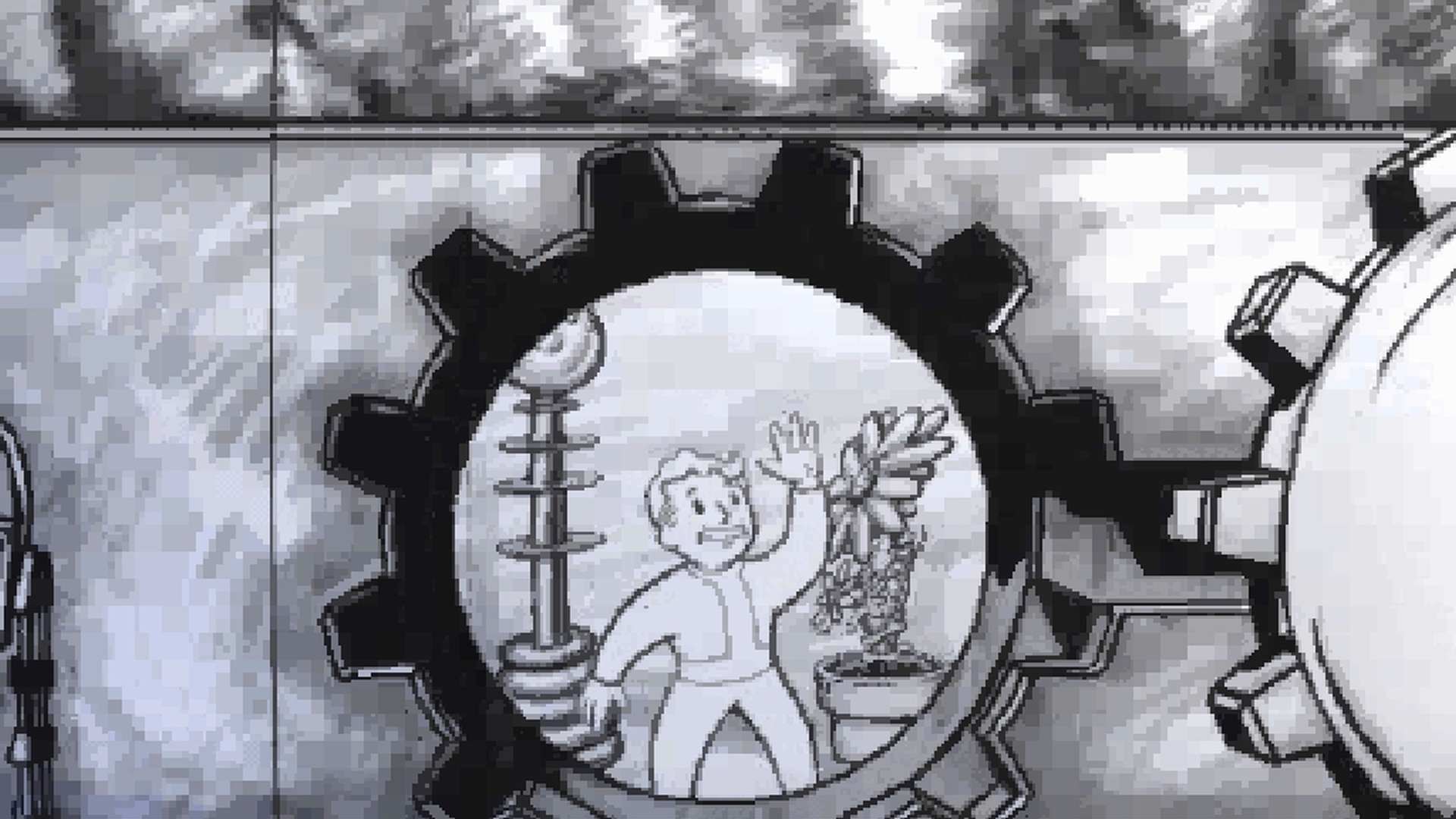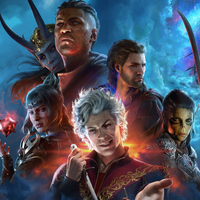Fallout creator laments the loss of the game's earliest development materials: 'I had that in digital form and was ordered to destroy it'
"The amount of stuff that's been lost about Fallout and its early development saddens me," Tim Cain says.

The original Fallout's lead developer Tim Cain has been making YouTube videos about his long and eclectic career for a while now, and he keeps dropping fascinating tidbits about the foundations of what is now one of gaming's biggest series. Such as: What the Vaults were actually for, or why specifically the first game is set in 2161.
Last year Cain shared that publisher Interplay had threatened to sue him after he left Black Isle, as a result of which he destroyed a treasure trove of the earliest Fallout material, from notes on concept meetings to various builds. Cain didn't want the hassle of that kind of fight at the time, which is perfectly understandable, but in his latest video he returns to the topic of game preservation, and just how bad a lot of companies are with this stuff.
"There's a lot of organizations out there that demand to be the archive keeper, and then they do a terrible job at it," said Cain (thanks, GR+). "They lose the assets they were in charge of keeping. This has happened multiple times in my career. When I left Fallout, I was told 'you have to destroy everything you have,' and I did. My entire archive. Early design notes, code for different versions, prototypes, all the GURPS code: gone."
Interplay had apparently intended to keep its own archive but, surprise surprise, "they lost it. When they finally, a few years after I left, contacted me and said 'oops, we lost it' I thought they were trapping me into 'we're going to sue you if you say you have it.' Turns out, no, they really lost it."
Cain says that the code for the retail version of the game has been preserved, but very little other archive material from Fallout's creation. In terms of what's been lost, Cain talks about the earlier versions of the game, which used the GURPS tabletop system, the original artwork, and even the clay models used to create the chattering in-game heads.
"Individuals and organizations actively work against preservation," says Cain. "The amount of stuff that's been lost about Fallout and its early development saddens me. I had it. I had that in digital form and was ordered to destroy it."
Great job Interplay. Cain does, at least, think the future for Fallout is incredibly bright, thanks to the company that's now in charge of it.
The biggest gaming news, reviews and hardware deals
Keep up to date with the most important stories and the best deals, as picked by the PC Gamer team.
"Bethesda making that IP popular is a big chunk of why it's going to be remembered in 50 years or even a century from now," ends Cain. "So many other games that came out in the '70s, and '80s and '90s: the code is gone. The art assets are gone. Sure, you can try to crack open the databases and pull out those things, but you're only getting the final stuff. You're not getting the original source code or art. I think it's even happening for the '00s and the '10s and probably now in the '20s. Stuff is being lost."
There are now organisations dedicated to preserving such materials, such as the Video Game History Foundation, which this January announced the launch of a digital library platform. That same organisation commissioned a 2023 study that found around 87% of games ever made are unplayable without resorting to piracy, scavenger hunts, or travelling to an archive. Straight-up game preservation is a slightly different topic to archived development materials, of course: but the industry's never done a terribly good job of either.
2025 games: This year's upcoming releases
Best PC games: Our all-time favorites
Free PC games: Freebie fest
Best FPS games: Finest gunplay
Best RPGs: Grand adventures
Best co-op games: Better together

Rich is a games journalist with 15 years' experience, beginning his career on Edge magazine before working for a wide range of outlets, including Ars Technica, Eurogamer, GamesRadar+, Gamespot, the Guardian, IGN, the New Statesman, Polygon, and Vice. He was the editor of Kotaku UK, the UK arm of Kotaku, for three years before joining PC Gamer. He is the author of a Brief History of Video Games, a full history of the medium, which the Midwest Book Review described as "[a] must-read for serious minded game historians and curious video game connoisseurs alike."
You must confirm your public display name before commenting
Please logout and then login again, you will then be prompted to enter your display name.



